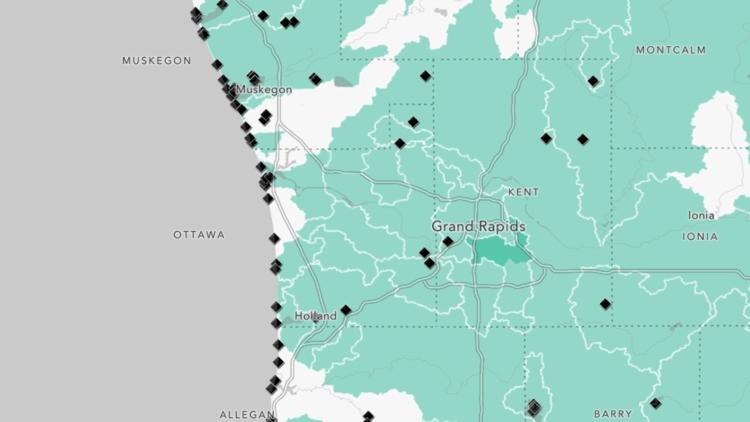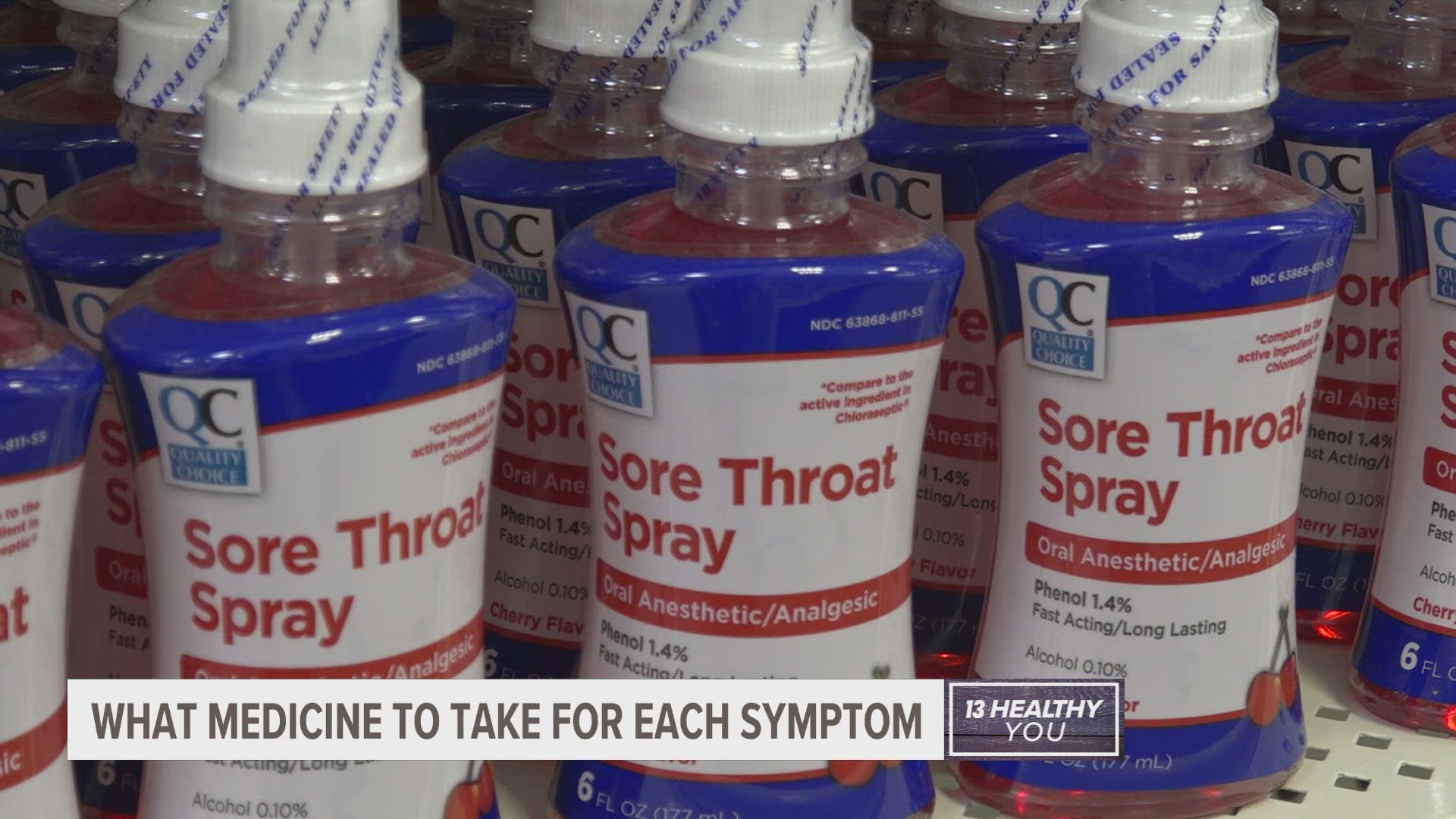MICHIGAN, USA — With the summer season here, many are flocking to the beaches for sand, sun and swimming.
However, the beaches are not always safe.
As many West Michiganders know, beaches can be shut down for high levels of E. coli in the water.
But what exactly is E. coli, what makes it so unsafe and how can you be sure the water is safe before you jump in this summer?
What is E. coli?
According to the Department of Environment, Great Lakes and Energy (EGLE), E. coli is a kind of bacteria that the State of Michigan uses as a water quality indicator. EGLE said that when E. coli is found in surface waters, it means the water has been contaminated with fecal matter.
E. coli itself can be harmful to human health.
However, when E. coli is present, it can be an indicator that other disease-causing organisms might also be present. Once these pathogens are detected in water, they can infect humans through ingestion or skin contact.
This infection can result in diseases such as gastroenteritis (diarrhea), giardia, hepatitis or cholera.
So how does E. coli get into surface water?
Depending on where you are, the common and potential sources of E. coli contamination can vary.
For example, an urban area would likely have a different set of sources than a rural farm-type setting where there are livestock and people rely on septic systems.
For more information on what can cause E. coli near you, you can visit Michigan's Statewide E. coli TMDL.
How much E. coli is too much?
EGLE follows The Water Quality Standard for E. coli, which was developed to protect human health during work and play.
The standard determines the maximum amount of E. coli that is allowable in surface waters before a beach may be shut down. It's applied to all waters in the state, including streams, rivers, wetlands, lakes and beaches.
So how do I know if a beach is safe for swimming?
Usually, if a beach is closed due to high levels of E. coli, there will be signs posted around the beach to alert potential swimmers.
Local officials will also send out notices alerting local media, so 13 ON YOUR SIDE will share the information both on-air and online.
However, if you are visiting a beach and you want to make sure it's safe before swimming you can also check EGLE's E. coli Pollution and Solution Mapper.
►Make it easy to keep up to date with more stories like this. Download the 13 ON YOUR SIDE app now.
Have a news tip? Email news@13onyourside.com, visit our Facebook page or Twitter. Subscribe to our YouTube channel.
Watch 13 ON YOUR SIDE for free on Roku, Amazon Fire TV Stick, Apple TV and on your phone.



